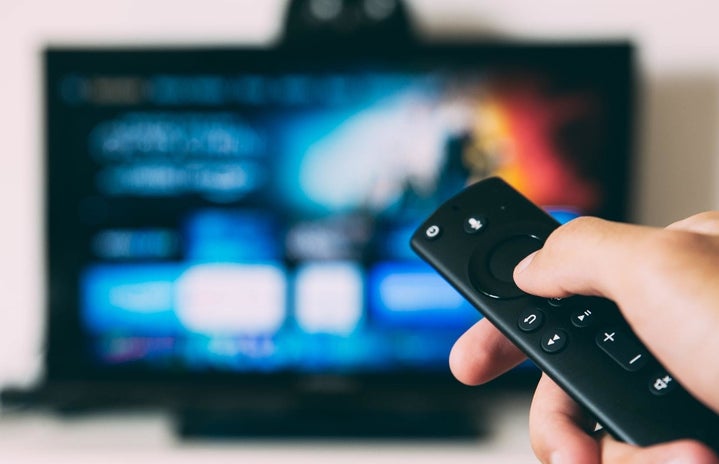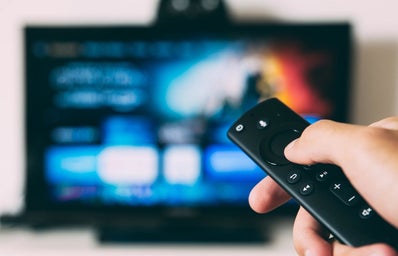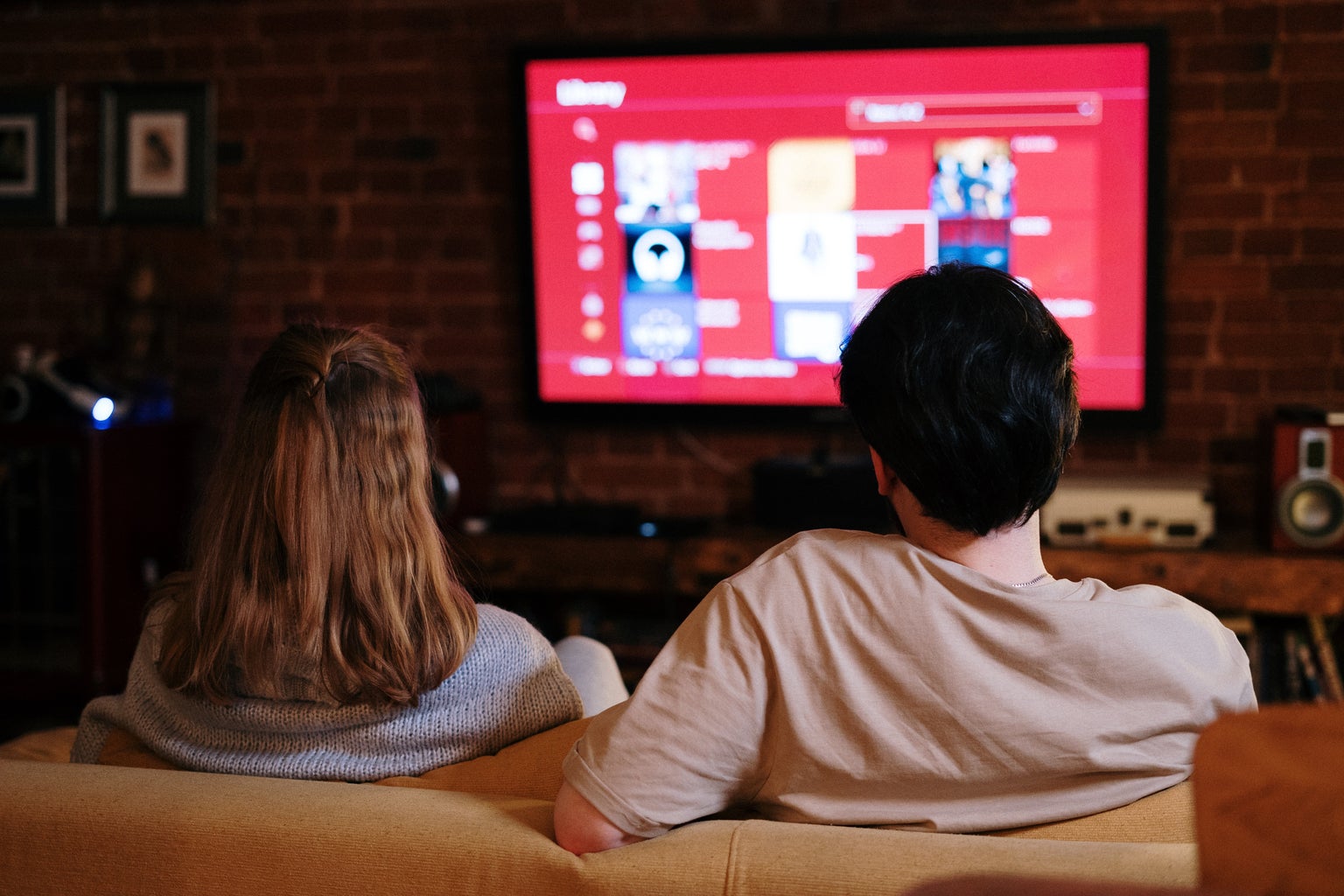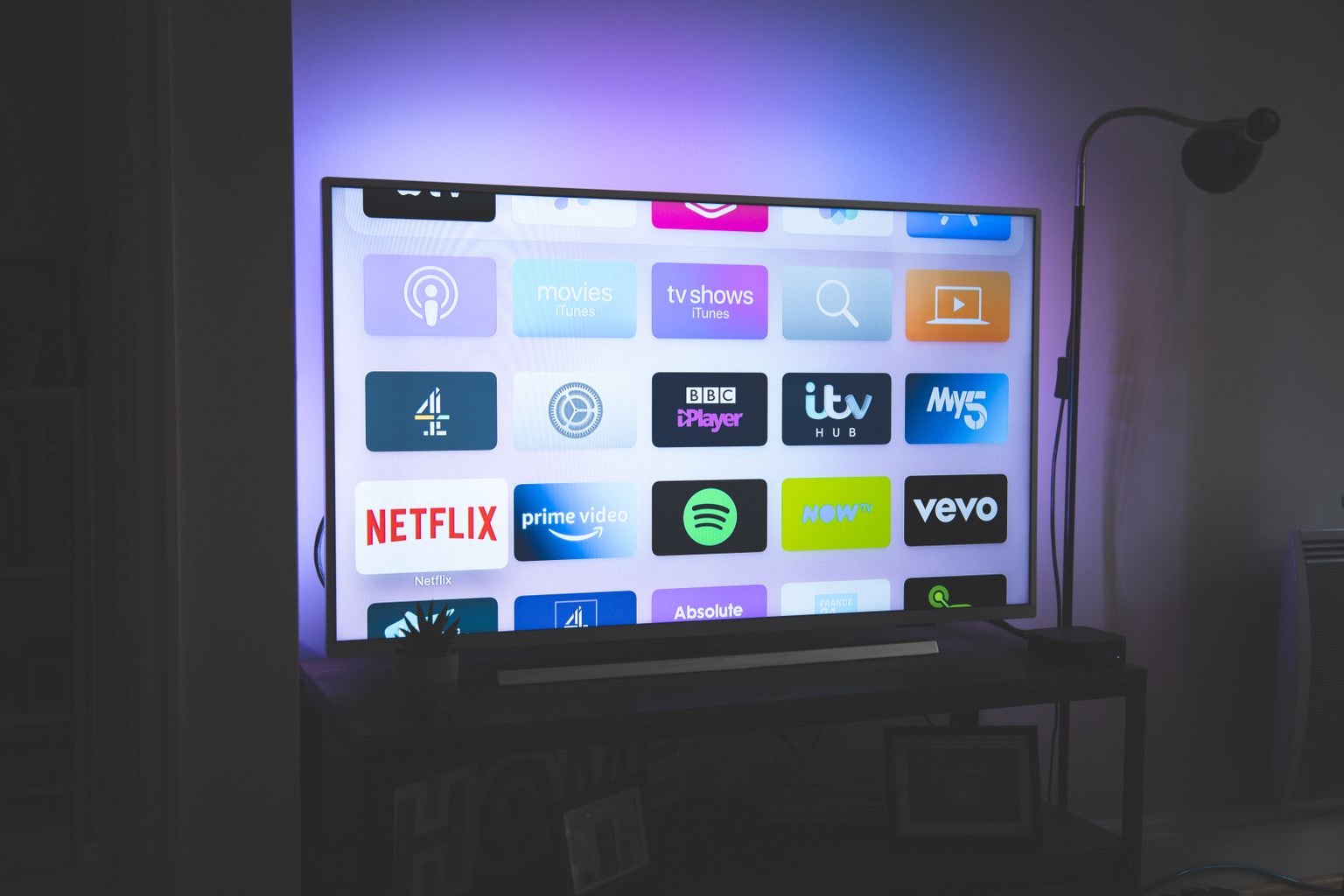When I was a kid, my older brother and I would obsess over America’s Funniest Home Videos. Every week we would gather in the living room around the hum of the old television while Tom Bergeron presented clips of dogs aimlessly lapping at a hose’s water stream or babies absently mumbling phrases that vaguely sounded like curse words. Of course, we’d eat it up. But what I remember most vividly is the laugh tracks that looped throughout the episodes; those ten-second reels of audio affirming what America found to be humorous and what they did not.
Eerily, canned laughter reminds me of the approval we look for everywhere but inside ourselves. I bring this up to recognize that not only did comfort exist in knowing that something was ostensibly funny, but more so that everybody else thought it was funny, too. When it comes to memes or other forms of laughable content, being in the know has never felt more important. Today’s upsurge in ironic consumption of media points to one of the plainest parts of the human psyche—what are we when we don’t look to others for acceptance in opinion?
The digitized world we live in supports, if not elevates, the commodification of failure. As humans, we yearn to claim a moral high ground in social settings. With the advent of social media, I’d argue that the need to claim moral high ground exists just as prevalently in intimate, private settings, such as when scrolling through Twitter alone in your room. We’ve grown obsessed with watching stuff we know we won’t necessarily like, and our desire to follow the public consensus about what is “in” and “out” is overwhelming.
Glee. Twilight. The Babadook. Cats (2019). The film version of the Broadway musical Dear Evan Hansen in which Ben Platt looks like a ghost standing in a sea of teenagers all twenty-something years younger than him. What do all these productions have in common? The answer: they’re all forms of media that have made a considerable profit off of simply being bad.
But why is making fun of such things so addicting? Of course, we can groan all we want about why Camila Cabello’s performance in Cinderella was lackluster and “woke” in all the wrong places. The same goes for Tik Tok star Addison Rae’s acting debut in the Gen Z-efied spin on the famed 1999 romantic comedy He’s All That. One could argue that humans tend to delight in the crash and burn of hopeful, happy celebrities. It’s a weak yet addicting way to put our domestic foot down, to criticize the life of another who exists in significantly more ideal conditions.
There also may be truth in exercising power in areas of commentary we may often be excluded from. The rich can’t comment on the middle-class lifestyle without erring, the middle-class can’t project their problems onto the poor. In simpler terms, we derive pleasure from agreeing with public opinion.
When was the last time you watched something just so you could make fun of it? Don’t think too hard—I promise you it was more recently than you think. Remember the last article you clicked on laughing at a celebrity’s expense? What about the last video you watched on YouTube outlining the pitfalls of another? Even a fail compilation with millions of views?
When our beliefs are backed by public consensus in thought, we feel increasingly welcome to apply skills we may be ashamed to access in everyday settings. For example, anyone can be a film expert when commenting on how terrible Sharknado’s cinematography is. It’s—for lack of a better word—fun. If anything, being an anti-fan is not a painful act.
So yes, there’s no denying the pleasure of assuming supremacy in a belief. When it comes to memes or other forms of laughable content, oddly enough, being in the know has never felt more important. But how meaningful is this compulsive hate-watching habit?
I implore you to consider the social ramifications of hate-watching. Question yourself after consuming a piece of media—and I mean really question yourself—and ask: “Is what I just watched bad? Or did I enter the experience expecting it to be bad?” Ultimately, railing against things we don’t resonate with is easy to do. The pandemic instilled some sense of pessimism in all of us, even if it’s hard to put a finger on how. Taste is subjective, of course, but there may be validity in approaching your consumption habits with suspicion. See where it takes you. And who knows; you may learn to love canned laughter.




